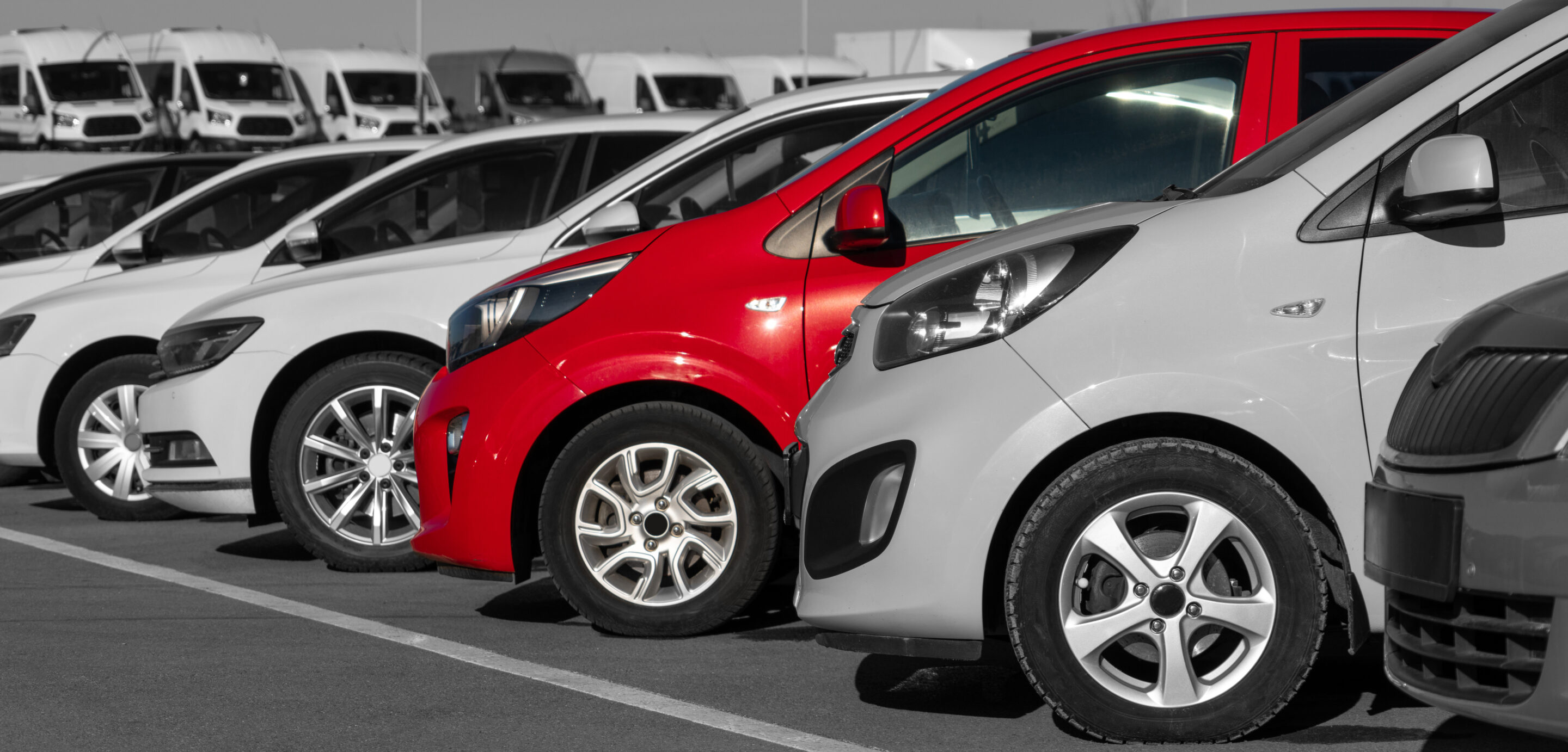The wholesale used vehicle market has seen a slight price decrease in the first half of July, with adjusted prices falling 0.7 percent compared to June levels according to Cox Automotive. The non-adjusted price changes saw an even greater change, with values declining 1.6 percent from June while still maintaining a 2.8 percent year-over-year increase. July’s current trend is stronger than the average unadjusted July decline of 0.7 percentage points, suggesting accelerated price movement.
“Price appreciation trends against last year are starting to moderate as we enter Q3, a time that showed stronger pricing than normal for wholesale markets last year,” said Jeremy Robb, senior director of Economic and Industry Insights at Cox Automotive. “In the first two weeks of July, depreciation trends are slightly elevated for the MUVVI index, though used retail sales and supply are holding steady.”
According to the latest Manheim Used Vehicle Value Index data, the mid-month index reached 206.9, representing a 2.6 percent increase compared to July 2024. However, the seasonal adjustment reduced the overall results.
Wholesale Supply
As prices level out, wholesale supply highlights a market that is constantly looking for balance. Supply remains tighter than previous years, currently estimated at 25 days compared to 26 days in June 2024. That number remained at 25 days in mid-July, now sitting at three days lower than last year’s levels.
“Last year saw stronger appreciation rates than normal throughout most of Q3, so the index gains over 2024 levels should start to moderate, as we expected,” said Robb. “However, wholesale supply is quite a bit tighter than last year, so supply and demand are well balanced currently.”
The average daily sales conversion rate provides additional insight into market demand moderation. At 54.9 percent in the first half of July, conversion rates declined from June’s 57.8 percent as demand continues to soften. It is also down two percentage points from last year’s 57.0 percent conversion.
Segment Performance
Most major market segments saw an increase in year-over-year results for seasonally adjusted prices, though performance varied significantly across categories. The luxury segment saw the highest increase, rising 5.6 percent year over year and substantially outpacing the industry average increase of 2.6 percent.
SUV and truck segments saw more moderate gains, with SUVs increasing 2.1 percent and trucks just 0.8 percent compared to last year. Passenger car segments went against industry trends, with mid-size cars declining 1.2 percent year over year. The compact car segment experienced the most significant drop, falling 4.0 percent compared to July 2024 levels, highlighting ongoing consumer preference shifts away from smaller vehicles.
Electric Vehicle Market
Electric vehicles demonstrated the most robust year-over-year performance, with prices increasing 6.8 percent in early July compared to 2.3 percent for non-EV segments. This strong showing reflects recovery from weaker comparative levels in 2024, but the month-over-month performance tells a different story. EVs experienced larger declines than the broader industry, with prices falling 2.1 percent compared to June, while non-EVs remained unchanged over the same period.
The monthly price drop comes as EV demand has stagnated due to high prices and shifting legislation. While used EVs have still seen success over the past few months due to their relative price competitiveness with traditional powertrains, the days supply for new EVs has skyrocketed. This may change in Q3 though as the impending removal of EV tax credits may cause potential buyers to speed up their purchases.
Consumer Sentiment
Consumer sentiment data through July 15 shows slight positive momentum, with the daily index from Morning Consult increasing 0.5 percent in the first half of July. This follows a rollercoaster couple of months that saw a 7.1 percent jump in May and a 3.6 percent decline in June.
Current economic conditions appear to be improving in consumer perceptions, though future expectations remain unchanged. This mixed sentiment suggests cautious optimism among potential vehicle buyers, influencing purchase timing and price sensitivity.
Fuel costs continue providing consumer relief, with average unleaded gasoline prices decreasing 0.6 percent through July 15 and running 10 percent below year-ago levels according to AAA. Lower fuel costs typically support larger vehicle demand and can greatly influence summer budgets.
Digital Dealer Conference & Expo is coming to Mandalay Bay, Las Vegas, NV this October 14-15! Register today and see great exhibitors like Cox Automotive at Booth #503.
Related Stories:








